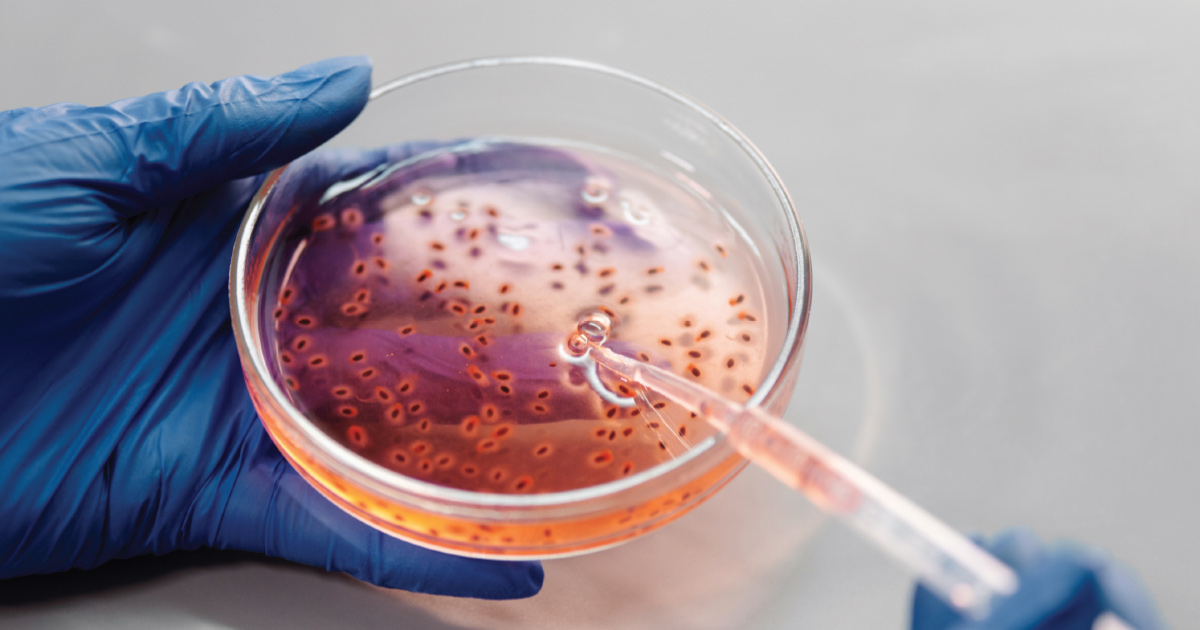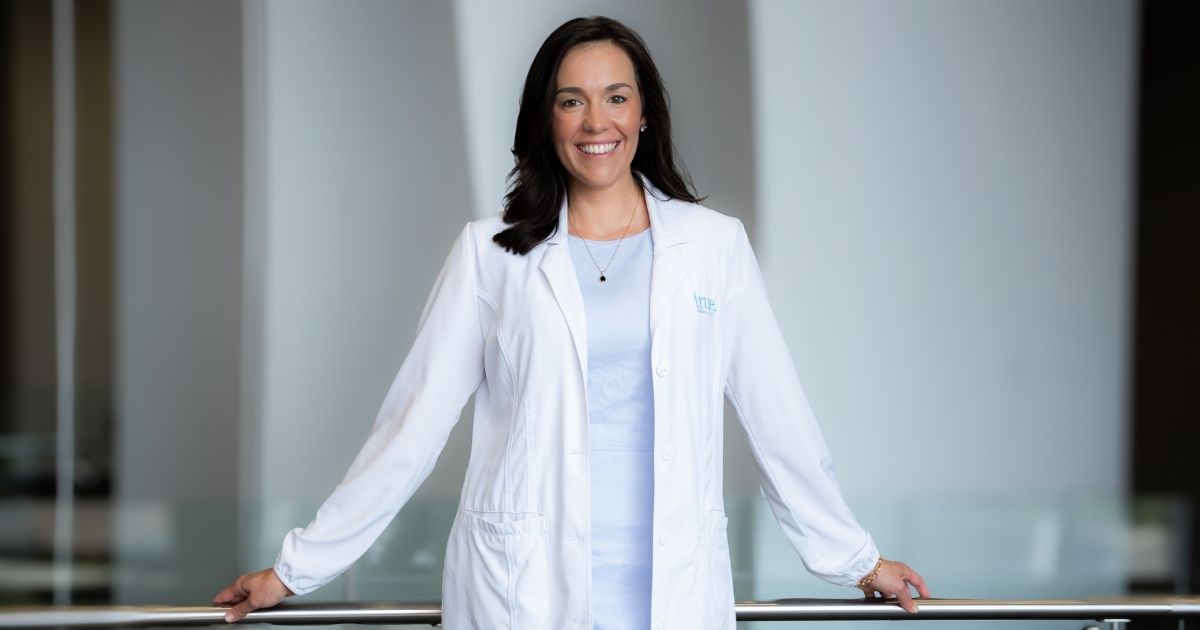Since the turn of the century, genes and DNA have taken the spotlight as means to uncover the mysteries of our complex bodily systems. Today, from The Human Genome Project to at-home tests such as 23andMe, genes are standard table talk—whereas, even a couple of decades ago, they were widely undiscussed.
Genetic testing can be a reactive measure to try to pinpoint and understand conditions that are already presenting themselves, such as a cancer diagnosis or a newborn showing signs of Down syndrome. Recently, it has become much more proactive. And, though home kits to learn about our ancestry, potential health predispositions or dietary avoidances are widely available, the more informed results are coming from consultations with medical experts.
Referrals to a genetic counselor or geneticist can be prompted by an individual's personal or family history of a birth defect, chromosomal disorder, genetic condition or hereditary disease. They may also be recommended for those who have experienced multiple pregnancy losses or other complications.
What exactly is genetic testing? These medical tests, typically obtained from a blood draw at a physician's office, are intended to confirm or exclude a suspected genetic condition or help identify a patient's potential for contracting or passing down a particular condition. They look for changes in genes, proteins or chromosomes, and there are 77,000-plus currently available. If that sounds overwhelming, it certainly can be. We talked with two geneticists at Spectrum Health to help process it all. Dr. Judith Hiemenga, MD, is a Clinical Geneticist specializing in cancer at the Lemmen-Holton Cancer Pavilion, and Dr. Caleb Bupp, MD, is a Medical Geneticist at Helen DeVos Children's Hospital.
First, let's examine cancer. Those who have been handed a cancer diagnosis—or have reason to believe that it runs in their family—might consider getting genetic testing. The BRCA1 and BRCA2 gene mutations—inherited, harmful genetic variants that can cause cancers, such as breast, prostate and ovarian—are some of the more familiar or talked about forms. But, they're less common than we might think.
"All cancer is genetic, but only 5% or 10% of the time are we born with or do we inherit a gene that is coded incorrectly, or a gene mutation that predisposes us to cancer," said Hiemenga. "Randomly, through our lives, we can get gene damage where the cells become more abnormal, and grow and spread without restriction, and that's kind of the definition of a cancer. But, occasionally, we are born with cancer genes that can't do their job of protecting us from cancer."
The type of testing done at Dr. Hiemenga's office looks at inherited gene mutations and reflects what a patient was born with. For those considered at-risk, but don't yet have the disease, testing won't inform which parent it came from or if cancer will ever develop, but it can help identify what kind of patterns exist in an individual. For those who already have a cancer diagnosis, it can help direct treatment.
For Dr. Caleb Bupp, genetic testing extends beyond cancer to anything and everything—and, because it has become more broadly available, as well as more affordable, it can apply to any person at any age. He sees women who are pregnant, as well as newborn babies, children, teenagers and adults. Many of his consults are with people getting ready to start a family who are trying to gather as much information as possible. This is where carrier screening comes into play for such conditions as muscular dystrophy, cystic fibrosis and more.
"Genetic testing can inform health management and really empower folks," Bupp said. "It's also good for medical providers because we can give more precise care in a more cost-effective manner, because we're able to focus on what's specific to the patient instead of having to treat everyone the same."
While genetic testing has its benefits, it's important to proceed with caution.
"People need to be cognizant going in, because if they find something definitive, they now have that information for the rest of their lives—and everyone processes that differently," Bupp explained. "Results can also be uncertain, which can be unsatisfying to the patient and leave them with more questions than answers. It's important for us as a healthcare system to be mindful of that and make patient care our focus."
For anyone considering genetic testing, it's recommended they seek counseling with a geneticist on the pros, cons and limitations before moving forward.
Allison Kay Bannister, a West Michigan resident since 1987, professional writer since 2002 and GVSU alumna, recently launched her own freelance writing business. Allison enjoys travel, art, dance, food and exploring world cultures—and, of course, writing about all these and more.
This article originally appeared in the Feb/Mar '22 issue of West Michigan Woman.




